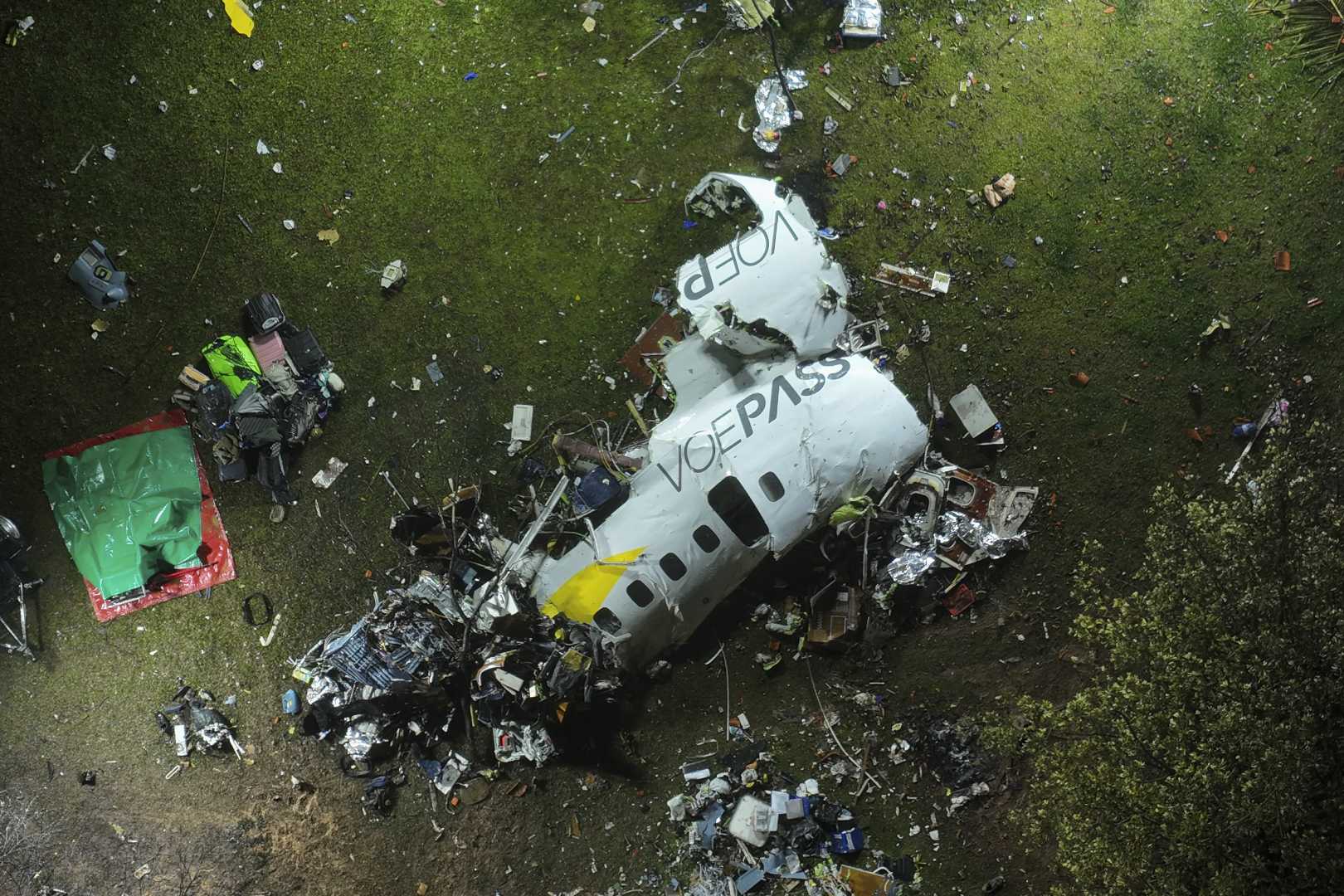News
Preliminary Report Indicates Ice Buildup in Brazilian Airliner Crash

A preliminary report from Brazil‘s Center for Research and Prevention of Aeronautical Accidents (Cenipa) has revealed signs of ice buildup on the aircraft involved in the airliner crash that occurred on August 9, 2024, but has not established a definitive cause for the accident.
The report indicated that icing detectors were activated on the Voepass airline’s aircraft. Furthermore, cockpit recordings captured a comment from the copilot noting the presence of ‘a lot of icing’ during the flight, suggesting a potential failure of the plane’s de-icing system, though this information requires further verification.
Experts interviewed by Reuters pointed out that while icing could have contributed to the crash, caution is necessary as the report is preliminary. Accidents are often the result of multiple factors, and further investigation is needed to ascertain the full circumstances surrounding the incident.
The ATR-72 aircraft was reported to have spiraled out of control before crashing, resulting in the tragic loss of all 62 individuals on board. According to Cenipa, the investigation into this incident is expected to take over a year.
Anthony Brickhouse, a U.S. aviation safety expert, confirmed that the findings align with scenarios involving icing; however, he noted that accidents rarely stem from a single event. Cenipa officials stated that while loss of speed alerts were triggered, the flight crew did not declare an emergency prior to the crash.
Lieutenant Colonel Paulo Froes of Cenipa expressed confusion over how the aircraft, which held all required certifications, lost control in severe icing conditions. In response, Voepass confirmed that the aircraft and its pilots met all necessary qualifications, asserting that the ATR’s systems were functioning as intended during the flight.
The Voepass ATR-72 aircraft was en route to Sao Paulo‘s international airport after departing from Cascavel in Parana when it ultimately crashed in Vinhedo, approximately 80 kilometers northwest of São Paulo. Reports have surfaced, including numerous social media videos, showing the aircraft spinning uncontrollably as it descended.












